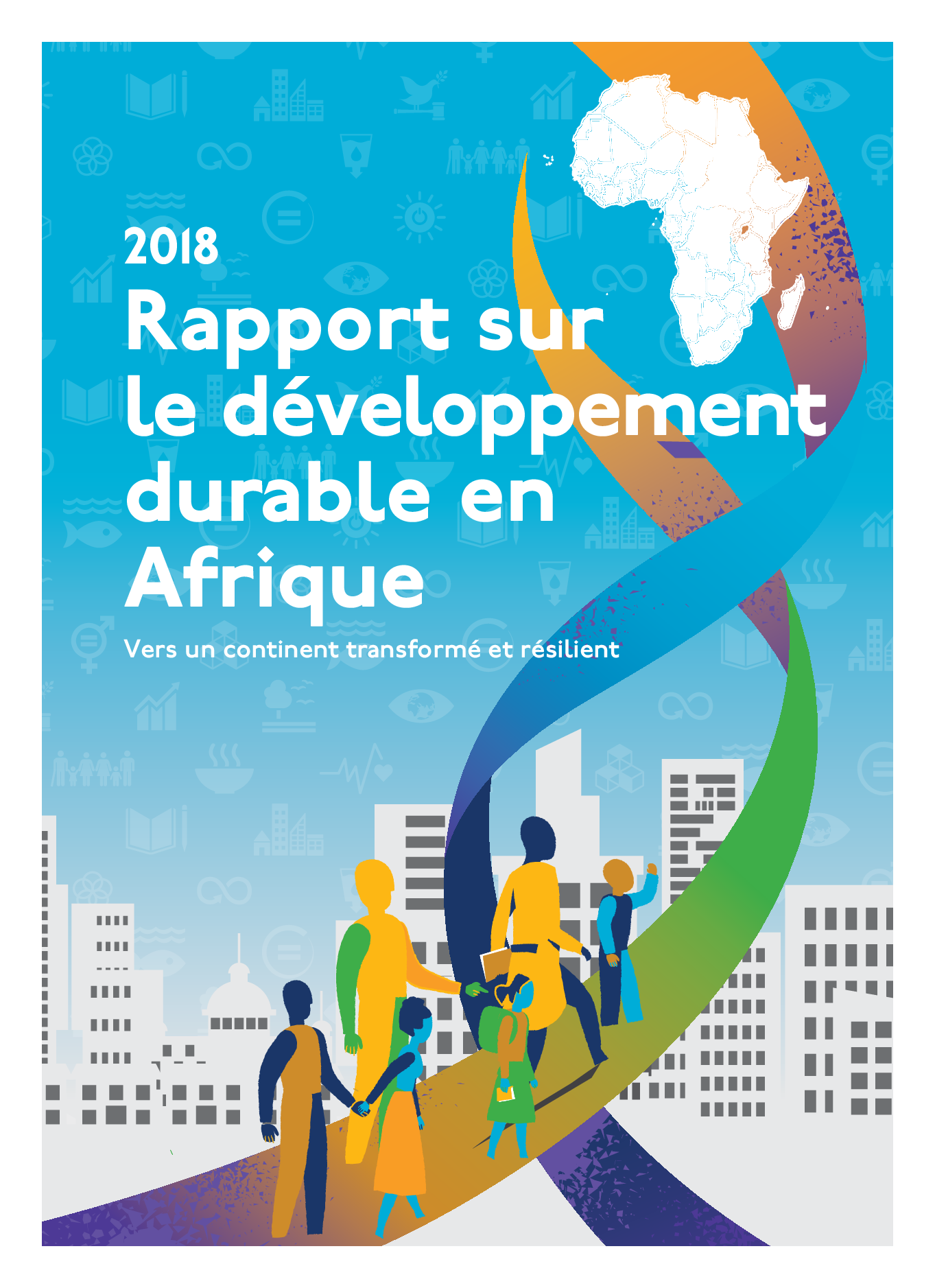Laying the foundations for clean development: preparing the land use sector - a quick guide to the Clean Development Mechanism
This booklet provides information to forestry and land-use audiences, principally in developing countries, who want to find out more about the Clean Development Mechanism (CDM) and how it affects their activities.



